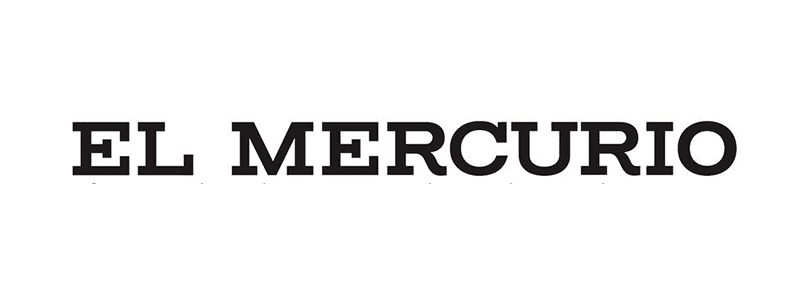We invite you to read the opinion column written by Antonio Rubilar, director of the Public Law and Regulated Markets group, who referred to the main sustainable regulatory challenges for 2024 in Chile.
Sustainability is increasingly becoming a key factor in the strategies of the public and private sector in our country and that is why the regulations are advancing more strongly. In this context, 2024 will be marked by a series of challenges in this area.
The first major challenge revolves around permitting requirements, in order to make sustainable development compatible with the modernization and simplification of the permits to which investment projects are subject. Chile is today in a complex scenario: while the development of investment projects is more necessary than ever, these would be subject to really high numbers of procedures (between sectoral permits, environmental authorizations, registrations, among others).
In this context, the government’s announcement of the draft law on changes in environmental permitting, which entered Congress in January, generated much expectation. This initiative undoubtedly has some good points and represents a step in the right direction, but the contributions made in Congress will be very necessary to make the processing of investment projects more manageable. A project of this magnitude, all-encompassing and that seeks to make a difference, will necessarily require a constructive dialogue between Government and Parliament, since it is an issue that interests us all.
However, if after the approval of the project, we still do not have a reasonable procedure, for example, for desalination, lithium or green hydrogen projects, it will be necessary to further deepen the updating of the regulation, since the challenge of sustainability is precisely in those strategic areas where the country has comparative advantages. If successful, this could be the most important investment initiative of the last decade.
There is also high expectation because 2024 is the first year that the economic crimes law will be in force, which typifies a series of environmental offenses that could lead to imprisonment. During this year we will see the implementation of this law and how the courts apply the regulations. In this way we will be able to corroborate whether or not it has meant an advance in sustainability and, if so, to verify the social and economic costs of this advance.
Similarly, 2024 is also the first year of implementation of the Extended Producer Responsibility Law (“EPR”) for packaging. We must be attentive to the way in which it is executed, since the country’s sustainability objectives depend to a large extent on the success of this law. Especially considering the difficulties encountered in the implementation of management systems.
Desalination is another major challenge. There is still no specific regulation applicable to desalination itself, the water extraction procedures, nor the form of commercial exploitation. This 2024 could be the year in which progress is made on the subject, due to the relevance of the permitting topics, the need to increase investment in Chile, as well as the natural relevance that this subject has or should have in a country that is going through a water crisis whose end is not foreseen.
The challenges facing our country in terms of sustainability are important. It is to be hoped that 2024 will be the year in which there will be important advances in this matter.
Column written by Antonio Rubilar, Director of Public Law and Regulated Markets.



